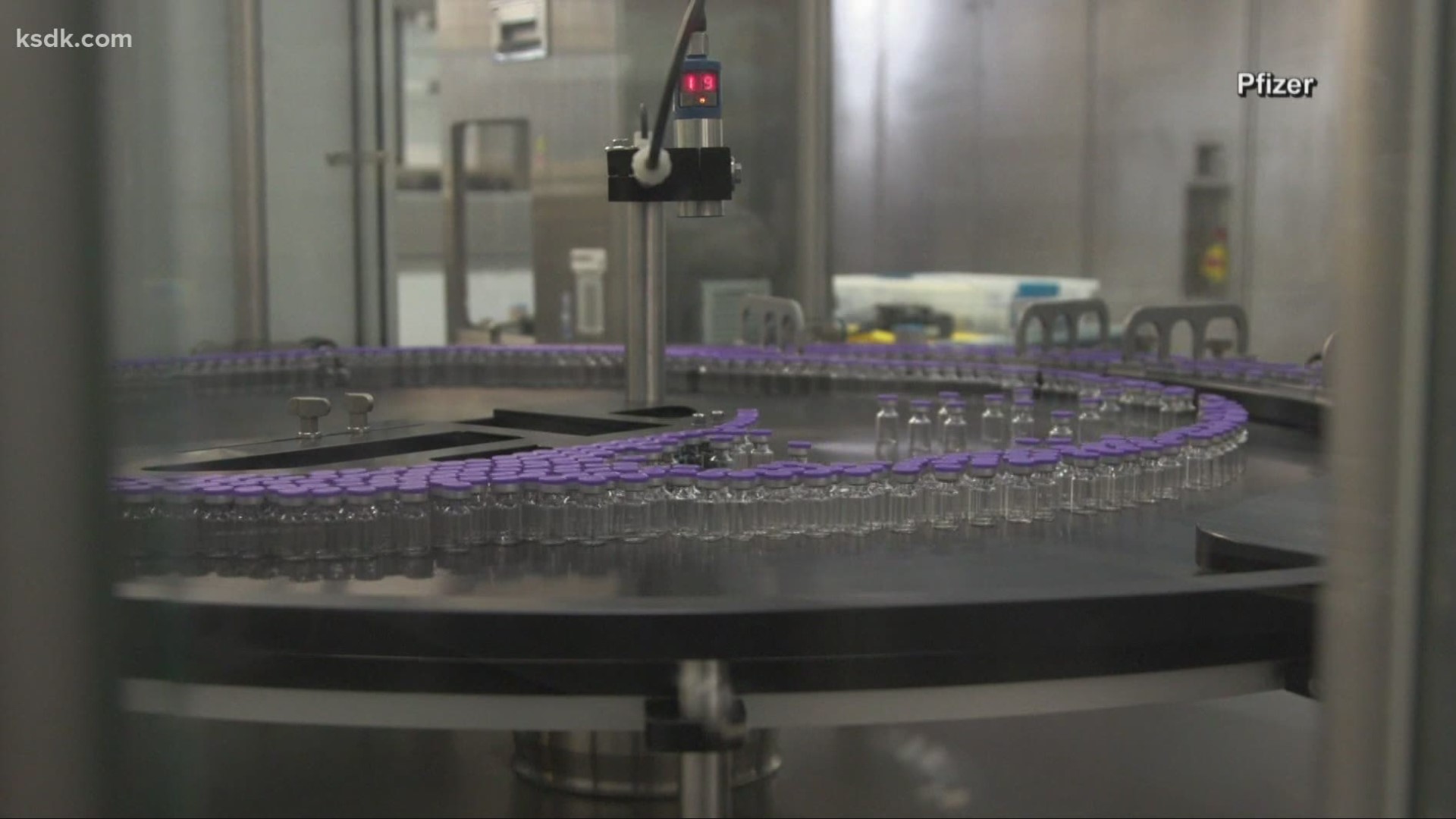ST. LOUIS — Pfizer announced Friday it requested to expand the use of its vaccine to kids aged 12 to 15. The request asks the Food and Drug Administration to amend its emergency use authorization, which already allows for people ages 16 and older. This comes after Pfizer-BioNTech showed its Phase 3 clinical trials were 100% effective in those age ranges.
“I’m starting to hear from parents and my own school district,” said Rachel Charney, pediatric emergency medicine physician at SSMHealth. “I think there’s a lot of questions about not only safety but when will it be available.”
Charney says a lot of parents are concerned with what school will look like in the fall and how it will impact school activities. She adds that the goal for quite some time has been to get the adolescent group vaccinated by the summer so they can be fully vaccinated by the start of school. Pfizer announced its hope is to make this vaccine available to the 12-15-year-old age group before the start of the 2021-22 school year.
“A 12-year-old would need five more weeks before they’d be fully immunized, so that would mean getting going fairly early in the summer,” said Charney.
Health experts say vaccinating teenagers is the next step of getting through the pandemic.
“Certainly, it’s one more step towards being able to reach that herd immunity towards normal,” said Charney. “Social aspects of life are so important to developing an adolescent child. All that changed just so abruptly in the last year, particularly for mental health and so the availability of a vaccine can just increase further our return to normal.”
Between 400 and 500 children have been diagnosed with COVID through Cardinal Glennon Children’s Hospital. Hospitalizations for children have been very low, said Charney, though pediatricians closely monitor kids for a multisystem inflammatory syndrome disease after a diagnosis.
Charney says she anticipates parents asking the question: “If my child’s at low risk of being hospitalized or severely ill, why should I get them vaccinated?” She says that’s where other benefits should be considered, such as whether a child wants to play sports, or if a family wants to travel, or what it means to spend significant time with a grandparent.
“There’s a lot besides just what is the risk of hospitalization,” said Charney.
The pediatrician also says some of the bigger challenges might be related to the logistics of vaccinating children since adding a parent will double the capacity of a building and will impact social distancing.
The FDA’s review process will likely take several weeks. In the meantime, Pfizer has already started clinical trials for children six months to 11 years old.

